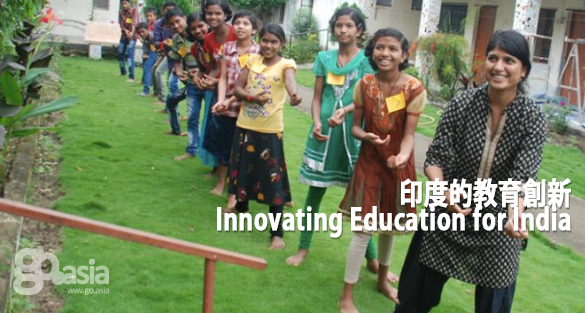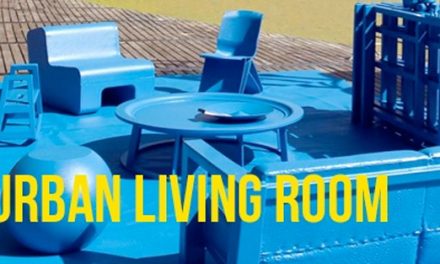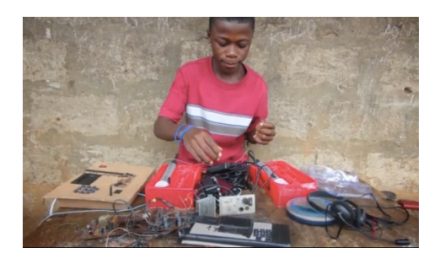Education in India has been that of a colonial education system and has not seen many revolutionary changes for the longest time. Even though education policies in India clearly state that the role of the school goes beyond academics to include both attitudinal and behavioural development, the system is not well equipped to deliver the wider sense of education.
On a day-to-day basis, Indian children from low-income communities face domestic violence, neglect, abuse and other general hardships due to low family income. These experiences make children vulnerable to adopting negative attitudes and behaviour. However, most of the public and the more affordable private schools whose schoolchildren are from low-income backgrounds, do not currently have the infrastructure to cater to these social and emotional and developmental needs.
A non-profit initiative called Apni Shala identified this systemic gap. When translated in English, “Apni Shala” simply means “My School.” Based in Mumbai, this humble initiative was not only recognized at the “Eduprener” Quest Contest, but also won, more importantly, the hearts and minds of the people. Apni Shala delivers life skills programme to schools and non-profit organizations focusing on attitudinal and behavioural development of children.
Text: Jason Lam
Source: SOCIA










